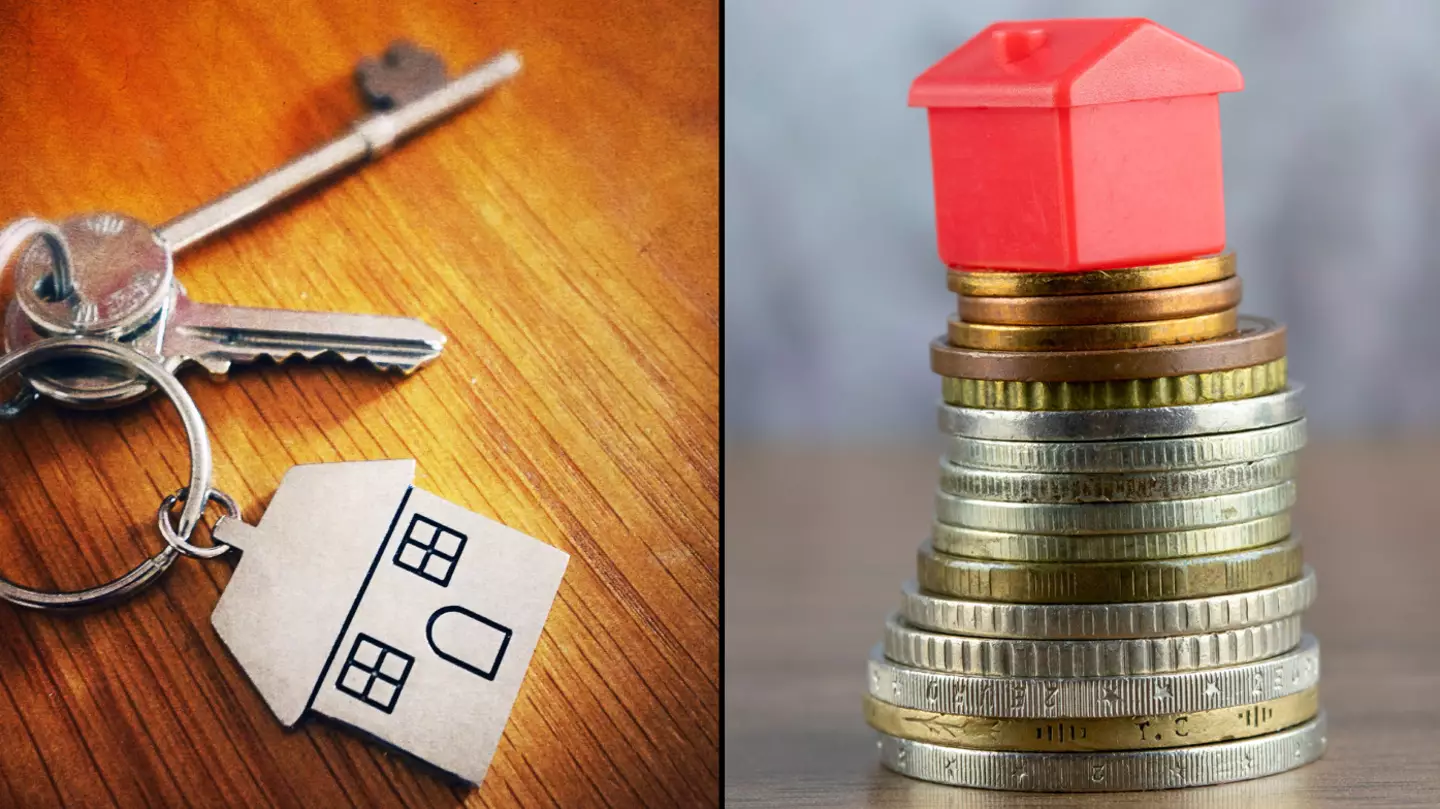
Since the Mortgage Affordability Tests have been scrapped, first-time buyers could be one step closer to their dream home.
However, future homeowners have been warned of the ‘hidden costs’ they could incur when buying a property, now that the tests have been done away with.
Despite the new rule coming into play today (1 August), homeowners are now being urged to consider financial factors outside of the typical deposit and mortgage repayments.
In fact, Claire Flynn, a mortgage expert at money.co.uk has warned others of ‘all the costs’ that are involved in buying a house.
Advert

Claire said: “It’s also important to be aware of all the costs that come with purchasing a property and make sure you have the money you need for this.
“As well as your deposit, you’ll need to pay legal fees, mortgage fees, the cost of furnishing your home and more."
She added that these hidden fees ‘can add thousands’ on top of the price tag of your future home.
“These costs can add thousands to the real-world cost of your property. This is why it’s always worth taking a look at what’s on offer and comparing deals to ensure you choose the right mortgage for you,” she warned.
Advert
.jpg)
Instead, to save money, the expert has suggested that hopeful buyers could put down a larger deposit in order to reduce interest rates.
For example, a 10 percent deposit will give you a bigger choice of mortgage providers and deals for your future home. However, a five percent deposit mortgage would mean putting down less money upfront, but often you’ll be met with higher interest rates.
Previously, the Mortgage Affordability Test was described by Barclays Bank as 'a test that hundreds of thousands of would-be home buyers have to take every year'.

Advert
"Pass and you’re a big step closer to buying a home; fall short and you could end up having to think again."
Those who took the test were forced to identify how they might cope if they experienced a setback in their finances, for example, losing their job, but could potentially have made it more difficult for self-employed or freelance workers to get loans.
The withdrawal of the test may help some potential borrowers get loans, including those who have been refused mortgages despite keeping up rental payments for higher amounts.
Mark Harris, chief executive of mortgage broker SPF Private Clients, previously described the removal of the test as 'good news, particularly for first-time buyers who should be able to borrow more'.